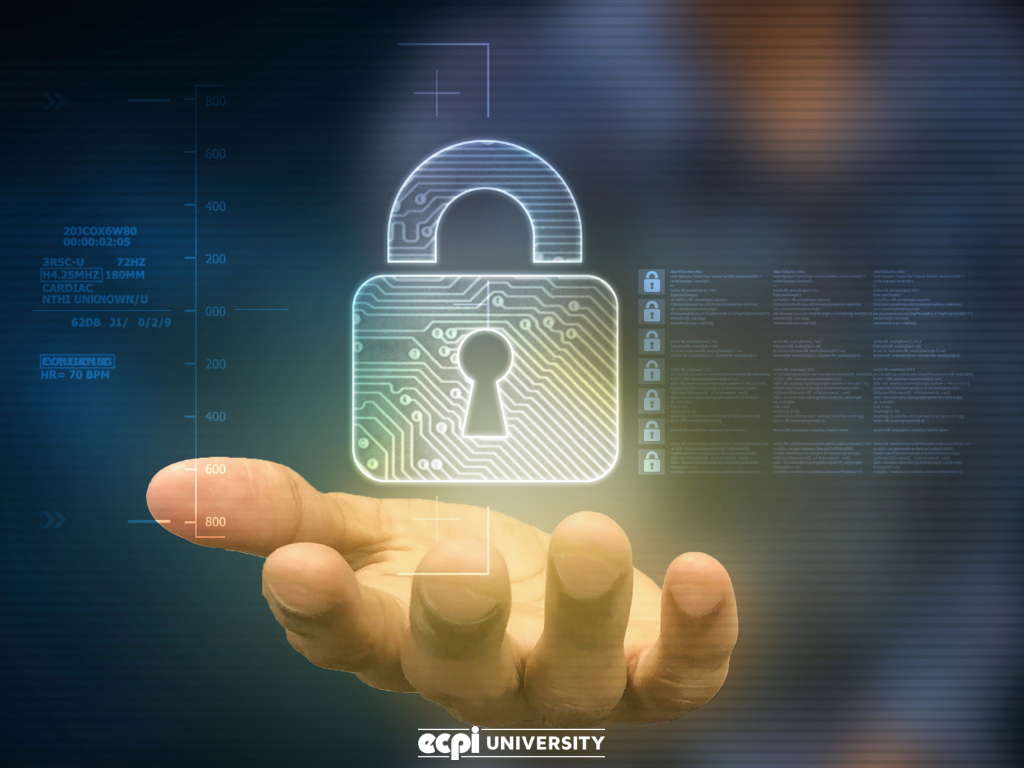Pursuing a Career in Cyber Security: Is Formal Education the Way to Go?
If you are considering pursuing a career in cybersecurity, all signs point to the fact that you are on the right path. Out of the many positive signs, probably the most exciting of them all is a finding showing that over 200,000 positions requiring cybersecurity skilled personnel are unfilled in the US.
Projections also show that as many as 1.5 to 2 million cybersecurity-related positions will remain unfilled globally by 2021. As it stands, this is one of the most promising career paths in modern information technology. The question now becomes how and where do you start your career in cybersecurity?
There is no one linear path to a prosperous career in cybersecurity. It all depends on your goals and aspirations. However, those who choose to earn a degree might have some distinct advantages over those who are self-taught.
Which Path Should you take To Learn Cyber Security?
Before deciding on which path to follow, you first need to have a clear understanding of what cybersecurity is and the career opportunities therein. In summary, cybersecurity is the practice of protecting electronic data, computer systems, networks and other confidential information. Unlike in the years past, cybersecurity is not only a concern for the government.
More industries are realizing the invaluable importance of protecting their information asset. This is why the demand for cyber security professional is growing and will continue to grow. There are many positions open in this field, all geared towards the same goal. Some of the job titles could include:
- Information security analyst
- Network administration
- Technical support and help desks
- Network infrastructure support areas in routing, server management, and switching
- Network security analyst
- Network applications supervision/management
Even though all the positions are geared towards the same goal, each of them requires a unique set of skills and capabilities. With that said, every position will require you to have the basic technical skills in information technology. Depending on the specific roles in each position, you may require advanced training and skills particular to the position.
As a person interested in cybersecurity, you can acquire a few of the technical skills on your own through the internet. However, moving into the future, employers are looking for more than technical skills when hiring. As reported on Forbes, employers are now looking for cybersecurity professionals who are not confined to a bubble. They are looking for cybersecurity professionals that will integrate with their structure and offer more than technical skills. These skills include,
- Business and financial skills
- Enterprise architecture and business needs analysis
- Project management skills (leadership, teamwork, communication etc.)
These skills would be nearly impossible to master on your own. And as it turns out, they may make the difference between you landing that opportunity or not.
In a university setup, however, these skills, in addition to technical skills are usually part of the curriculum. Learners are generally exposed to a carefully thought-out program that trains them on all aspects of cyber security so they can perform in any position and at all levels.
Benefits of Learning Cyber Security in a University
In realizing the massive skill gap in this field, more universities are coming up with programs to help learners position themselves well to take up opportunities, now and in the future. Learners in this environment have a big advantage over their counterparts learning on their own.
In this organized environment, the curriculum is carefully planned to cover all aspects of cybersecurity. Additionally, advanced training is incorporated to suit specific job requirement and roles. In essence, the program equips you with the right skills and expertise to take up current and future opportunities as opposed to just having a rough understanding of the profession.
Knowing that employers now require rounded individuals, learners are usually taught additional soft skills such as project management, business and financial skills as well as enterprise architecture and business needs analysis. This is important to help them to not only land opportunities but also set the stage for promotions, further education, and advancement.
Lastly, the key benefit of choosing a structured university education program is that you do not need to be a computer expert. The programs are designed to build the required skill set from the ground up starting from the foundations to the advanced areas. Regardless of your expertise in computers or lack of, you can still pursue a career in cybersecurity by enrolling in one of the university programs.
Are You Ready to Get Started Today?
Are you interested in the world of cybersecurity? You should consider earning a Bachelor of Science in Computer and Information Science Degree with a Major in Cyber and Network Security - Cybersecurity Track. At ECPI University, we offer this degree in an accelerated format. For more information or to get started, connect with one of our helpful admission advisors today.
It could be the Best Decision You Ever Make!
DISCLAIMER – ECPI University makes no claim, warranty, or guarantee as to actual employability or earning potential to current, past or future students or graduates of any educational program we offer. The ECPI University website is published for informational purposes only. Every effort is made to ensure the accuracy of information contained on the ECPI.edu domain; however, no warranty of accuracy is made. No contractual rights, either expressed or implied, are created by its content.
Gainful Employment Information – Cyber and Network Security - Bachelor’s
For more information about ECPI University or any of our programs click here: http://www.ecpi.edu/ or http://ow.ly/Ca1ya.





